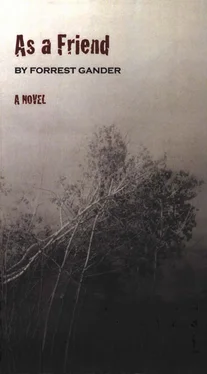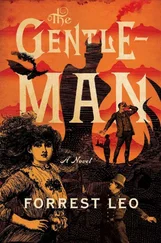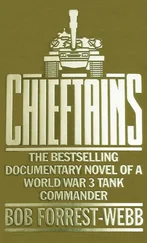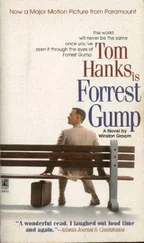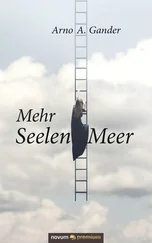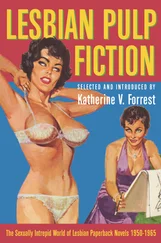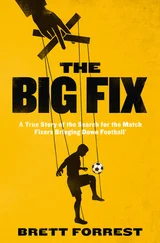*
Who’d say they didn’t have regrets? It’s like what if tomorrow you’re walking up the street and some bad-ass dog comes tearing around the hedge as though it’s waited its whole life for you. Your leg’s in its mouth, you’re kicking and screaming Jesus Christ freaking out on the sidewalk in panic and pure pain, maybe you can just make out some woman behind the hedge calling the dog in a singsong voice like she thinks it’s still sleeping under the porch and it’s time for the dog’s breakfast. And some kernel in the back of your mind is wondering how you came into this situation, it’s so random, you just happened to make your way down to the corner to pick up milk right then, the gate was left open, you were walking on this side of the street to get a load of the paulownia in bloom in the banker’s yard. But it’s just the same as your determined interview with me. It may seem like you’re asking me questions you’ve long intended to ask and of course that’s true in part. But the sequence of random inconsequential incidents that led you here — the time two years ago when you braked to keep from running over a turtle that turned out to be the punt of a beer bottle in the road, that instant when reaching for a book, another book near it on the shelf caught your attention, the Friday night you took a right on the way home when you might have gone straight — those forgotten, stupid, inconsequential moments form beds of substrate underlying all the logic on the surface.
*
Think of all the shit that insulates us from the real encounter. When Rimbaud writes I is another , I for one always figured he meant I is the imaginary. Your sense of self, my sense of self, it’s always imagined. Constructed. We can’t picture some objective reality any more than a photograph pictures what’s there, right? You know people in tribes that haven’t seen photographs, when they see one, even one that shows them their own face, they don’t always recognize the image. It’s miniature and flat and maybe black and white and it doesn’t have a smell, and the lack of being isn’t in it at all.
*
We want to seize the world and make our own way in it and we’re full of intention but we’re completely unprepared. Because each moment we come into contact with others, and not just with others but with things and events and ourselves, our knee going out, or a childhood memory popping up freshly hatched when we had no idea we’d been carrying it, incubating it all this time, it was part of us, just as DNA from former parasites very early in our history as a species — did you know this? — became integrated in our own DNA, we’re mongrels at the core, which is why anyone’s notion of racial purity is bullshit. We can’t even make claims for the purity of our species, much less our so-called race. We’re involved in each other in ways and at levels that no one figured, and each moment is unpredictable, hotwired with interconnections that make us forever vulnerable. We don’t know what will happen, we aren’t alone at the wheel, despite our best efforts, we’re at risk, but that vulnerability is all we’ll ever know of the sacred, it’s what we don’t comprehend and what calls us to be responsible for others, for everything, the source spring of what we call our conscience. And all that feeling of interrelation and vulnerability is enough to scare anyone, so we fight it off, we cultivate boredom, we try to assert control by talking shit, talking shop, doing the same old same old, sopping up the impersonal drone of facts, newspapers, sales pitches, the disembodied language of real indifference that eclipses poetry every time. Poetry with its subterranean insights and amphetamine rushes lighting us up, lighting up whatever it is we call our inner selves, that holy knot that gives us a hold on what we actually feel. So, yeah, we imitate others, we say nothing much is happening, nothing’s going on, just the usual, comme ci comme ça , how bout you, the rain looks like rain and the river sounds like a river. But, you know, if you hold still and listen to the river up around Calico Rock, you can hear silt scouring the boulders. Scouring them like a motherfucker. And that part of the river doesn’t sound like any other river. None of it sounds like anywhere else. Last week, we were up there, I saw a fisherman reel in a little sun perch and drag it up onto the sand and bend down with his bait knife to slice the tail off, and then, while it flopped by his boots, he skewered the tail with his hook and threw the line back into the river to catch a bigger fish. My guess would be that ethics comes from imagination, from the imagination of something or someone else suffering. There’s no given.
*
Giotto, he can paint the mountains in the background of the “Betrayal of Christ” because rocks from those very mountains have been crushed and stirred up into the pigments he’s using. You know, in a synagogue, a reader of the Torah doesn’t touch the scroll with his hand. As soon as we make contact with the sacred, we’re face to face with death and we have to ask ourselves who we are. And everything is like that. That’s the way we’re born into the next minute. Of course, I know every step I’ve taken has had repercussions. I know I’ve hurt people I love. I’m sorry for it and I don’t see the point in defending myself. Other things I’ve done I’ll never know about, even if what I did burrows into some stranger like a chigger and brings them misery for years. Or joy. Even if I try to weigh it all out ahead of time, even if I stay in the bathroom sitting on the toilet, I can’t avoid setting off consequences I would never, ever countenance. I can’t even be sure of the immediate effects of what I think I set into motion. We can’t be sure. Of ourselves or others. Which is the stunning beauty of it, like they say. Maybe the best we can do is try to leave ourselves unprotected. To keep brushing off habits, how we see things and what we expect, as they crust around us. Brushing the green flies of the usual off the tablecloth. To pay attention. To get a whiff of the stinking rich shit of the real. To approach each other and the world with as much vulnerability as we can possibly sustain. To open out. With all our mind and body and imagination, to keep opening out.
*
Like I said. As a poet. As a friend.
“Everyone knows how much I love you.
All your gestures
Have become my gestures.”
Variation on a translation by Kenneth Rexroth of an anonymous Japansese poem.
“Landscape with a Man Being Killed by a Snake,” the title of a painting by Nicholas Poussin.
“How can I find you in that stupendous blaze” is derived from a line by Aaron Shabtai, translated by Peter Cole.
At ease in honesty, derived from Albert Camus’s notebooks.
I never know when you think I’m interesting, derived from André Gide’s notebooks.
“Gone Klimpt” wrote the poet Ronald Johnson.
I listen to what I can leave out: Miles Davis said it.
“There are bright moments”—the riff comes from “Bright Moments Song” on Rahsaan Roland Kirk’s album, Bright Moments , Atlantic Records, 1973.
